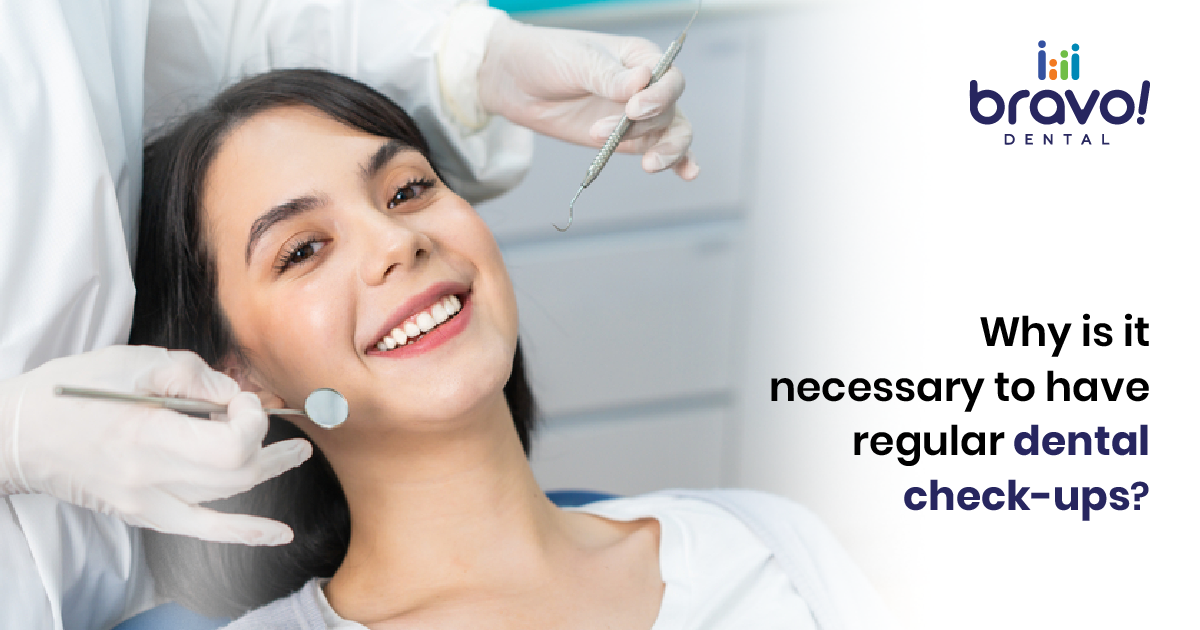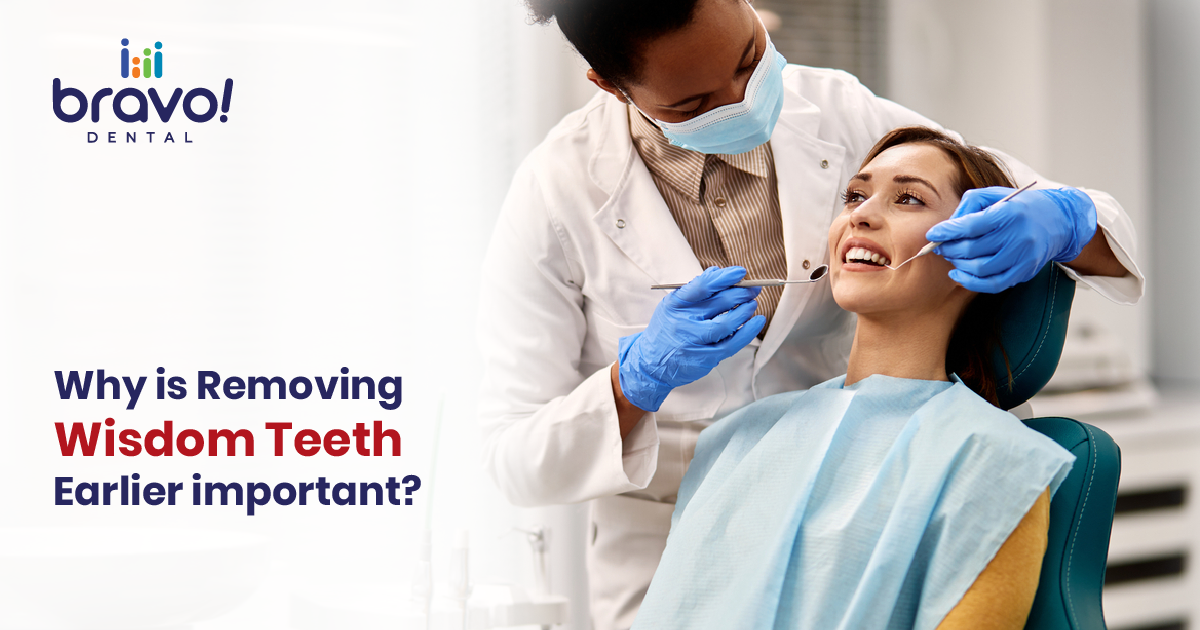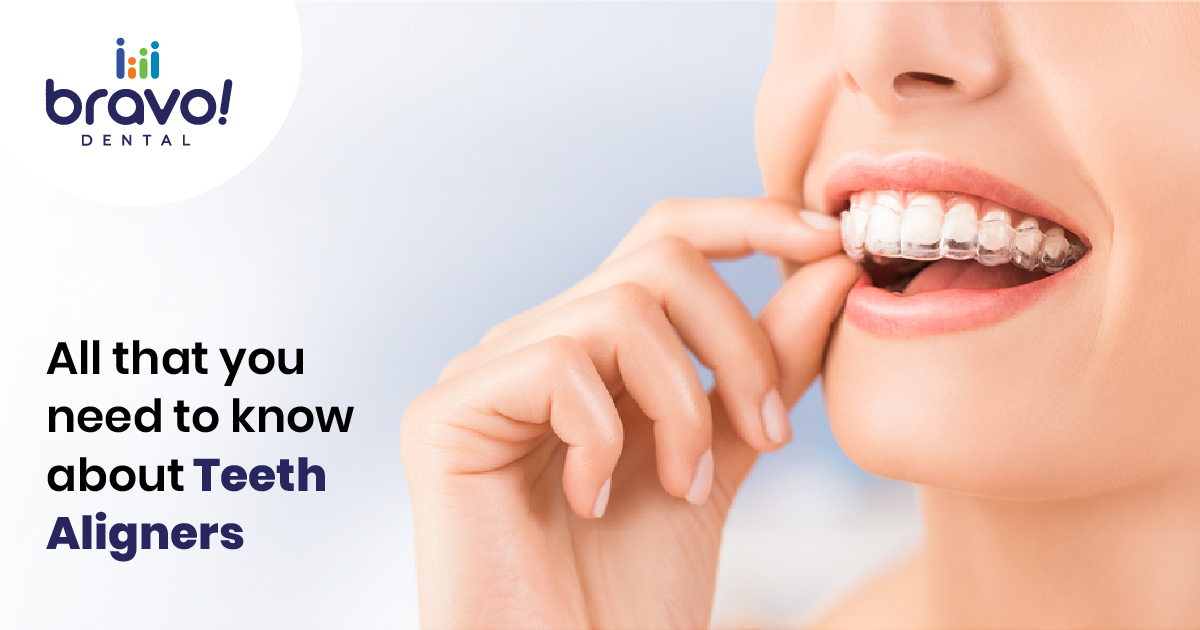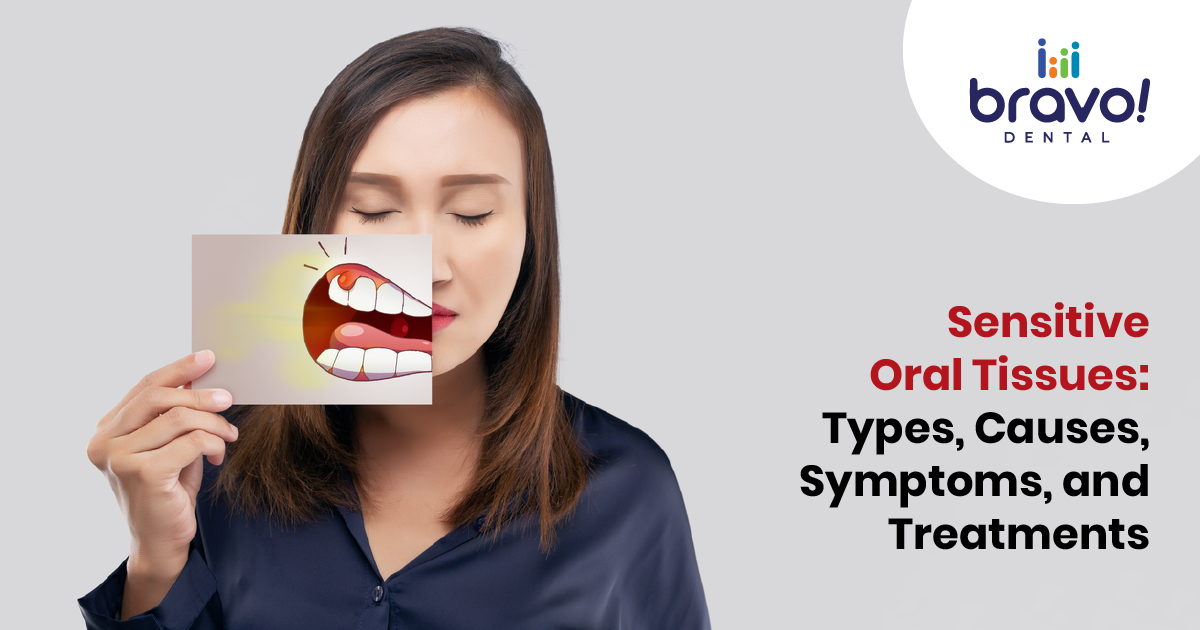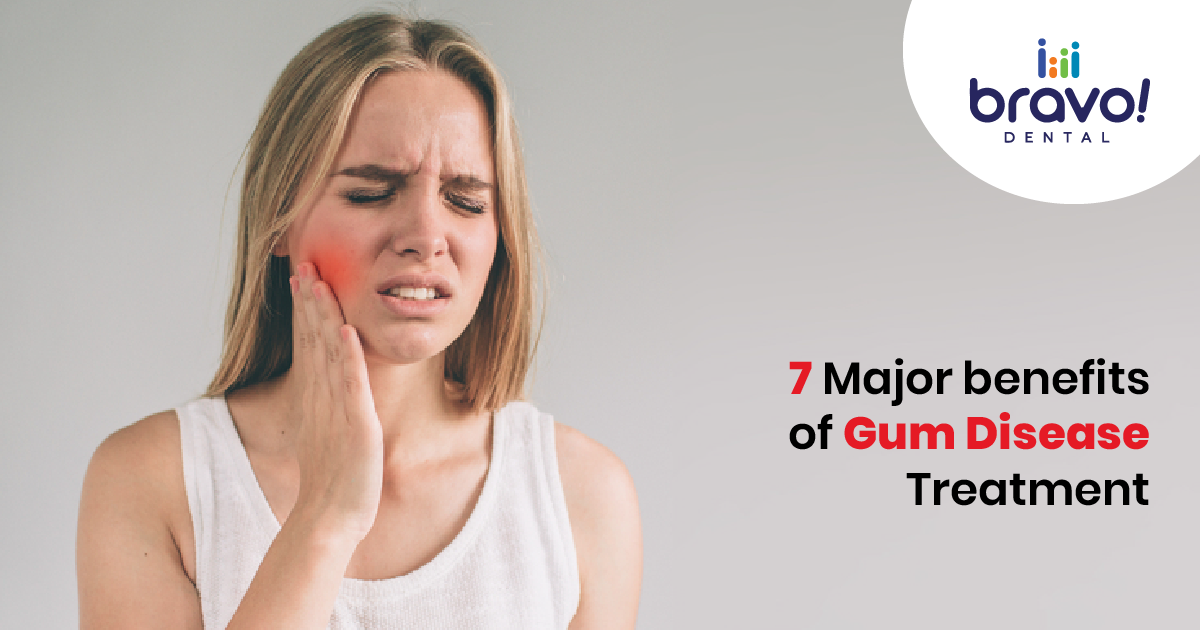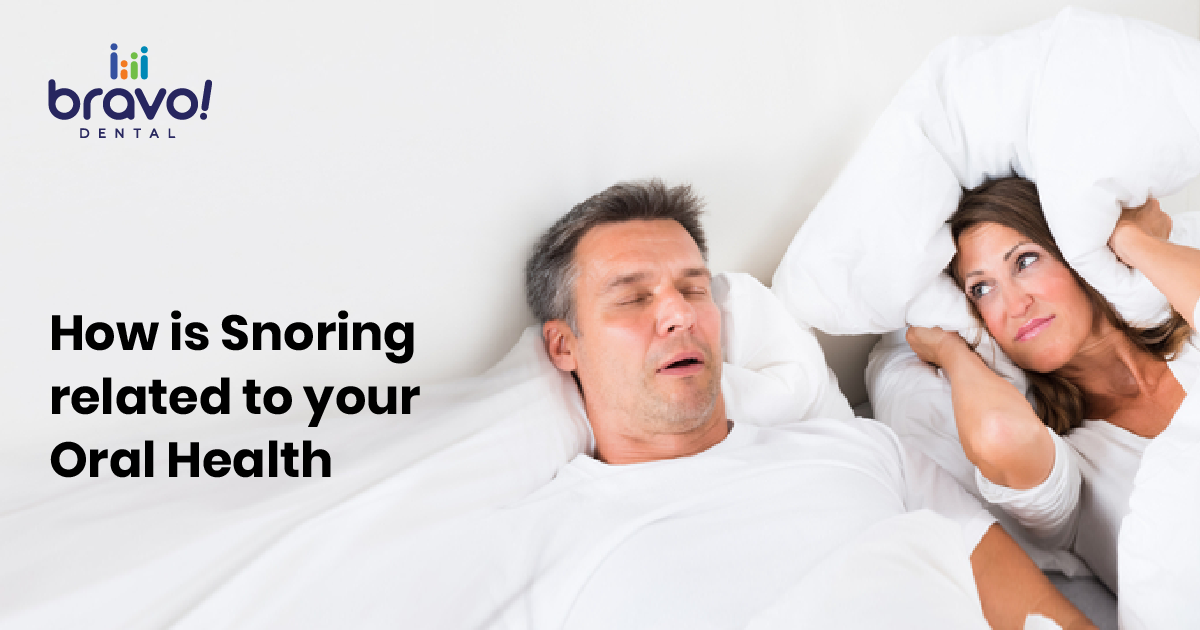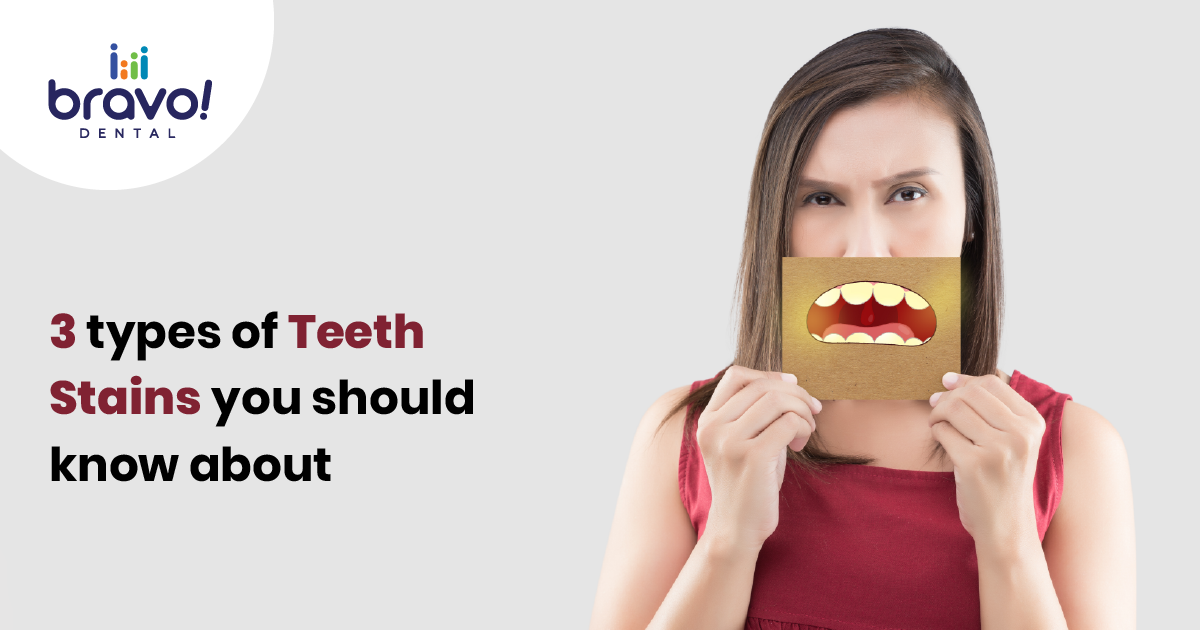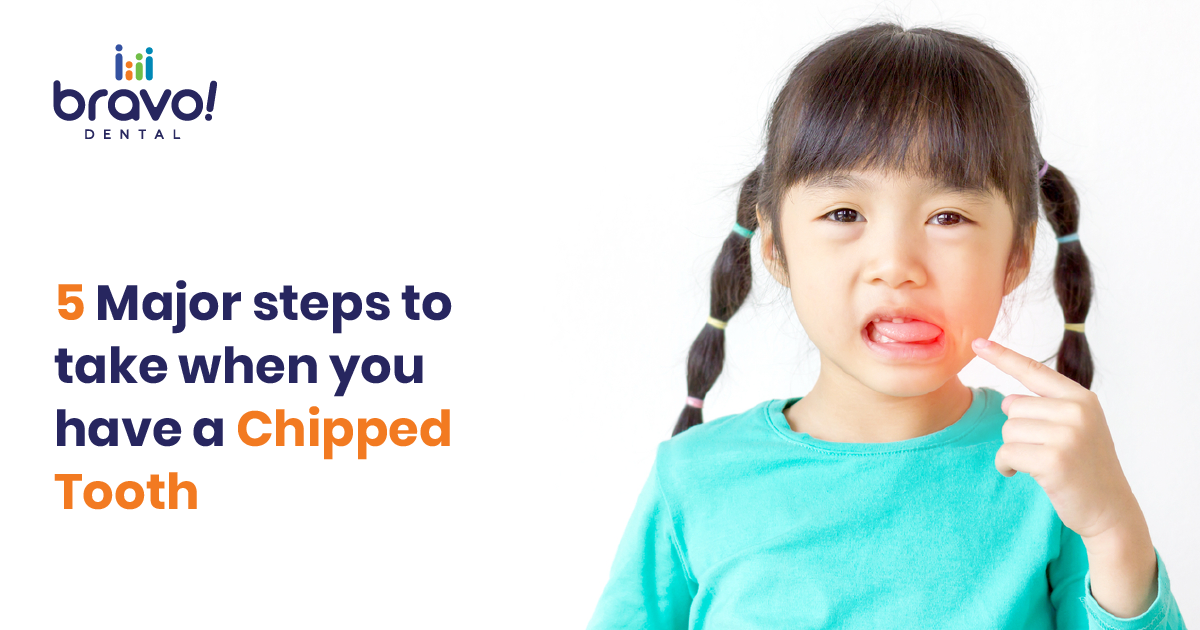After a dental exam, you’d expect to hear about cavities, poor bites, or other dental problems. But on the contrary, the dentist might talk about a problem you didn’t quite expect: an eating disorder.
The food we eat offers the building blocks for our bodies to take care of healthy cells, tissues, and organs and the energy to work, learn and participate in activities. To keep things running smoothly, we need to eat enough food (ideally the right kinds), which is why eating disorders are such a major concern.
Eating disorders, the most common of which are anorexia nervosa and bulimia nervosa, are aberrant food habits that can emerge from mental or emotional concerns.
Anorexia nervosa: Restrictive anorexia causes people to restrict their meals and caloric intake to lose weight severely. Malnutrition is the most severe threat to anorexic patients’ oral health. Osteoporosis, which weakens the jaw bones and leads to tooth loss, can be caused by a lack of nutrients. The salivary glands may also enlarge and produce insufficient saliva, resulting in dry mouth.
Bulimia nervosa: It is defined by a cycle of binge eating followed by compensatory actions such as self-induced vomiting or the use of laxatives. Bulimia symptoms can appear in people suffering from sadness or changes in their social settings. Vomiting frequently exposes the teeth to stomach acid, which erodes the protective layer of enamel and can cause discoloration, damage, and even tooth loss.
A dentist may notice other indicators of an eating issue. Anorexia can show a lack of oral hygiene, while bulimia might show up as over-aggressive brushing or flossing.
Treatments:
Nutritional therapy is frequently used in the medical treatment of eating disorders to address physical consequences and starvation-related brain alterations that perpetuate the condition. This is paired with psychotherapy and antidepressant medicines.
To monitor damage, extra-oral and intra-oral examinations of the oral hard and soft tissues are required, and extensive documentation includes detailed clinical notes, periodontal charting, radiographs, intraoral pictures, and study models. Your dentist would provide interventions to reduce damage to the oral hard and soft tissues and ease xerostomia and dental hypersensitivity while the patient recovers from their eating disorder. A mouthguard can protect the dentition while vomiting.
Because the treatment process might be lengthy, patients should take precautions to safeguard their teeth in the meantime. Rinsing the mouth with a little baking soda mixed with water after regurgitation is a crucial step. This will aid in the neutralization of oral acid and the prevention of erosion. Brushing/flossing properly, and visiting the dentist regularly can help avoid dental disease.
Eating disorders are pretty detrimental. If you are worried about your eating disorder, contacting us is a helpful first step toward recovery. Make an appointment at Bravo! Dental today and speak with one of our specialists about minimizing and restoring the harm caused by eating disorders.

